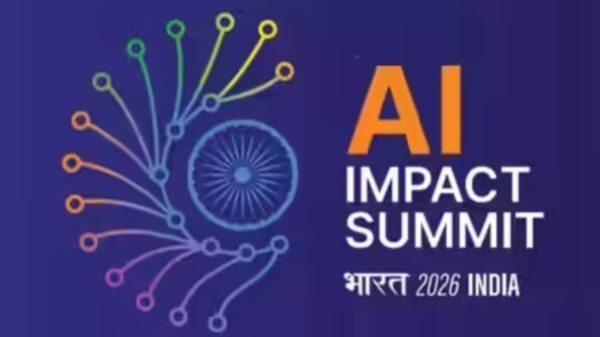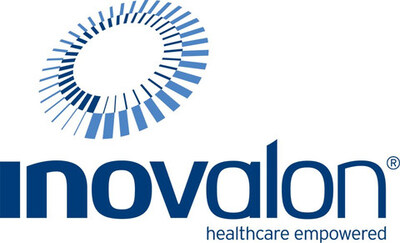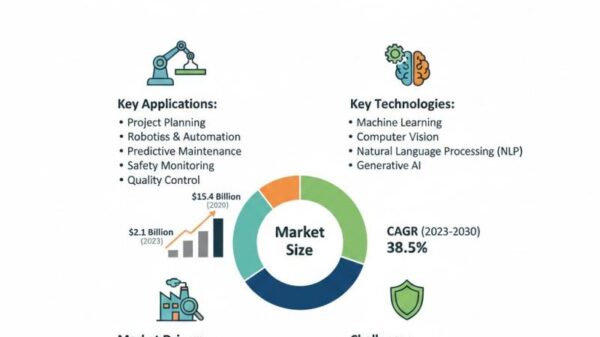A new term is making waves in the Electronic Health Record (EHR) market: ‘AI-native.’ Leading EHR vendors, including Oracle and athenahealth, are promoting their platforms using this terminology. But what does it mean for healthcare professionals and their daily workflows?
Oracle unveiled its “next generation” EHR in October 2024, highlighting features such as voice-first navigation and agentic conversational retrieval as key ‘AI-native’ capabilities. Meanwhile, athenahealth introduced its Clinical Encounter in November 2025, which aims to embed context-aware automation throughout the clinical workflow. However, opinions diverge on whether these advancements represent a genuine transformation or merely a rebranding of existing functionalities.
Understanding ‘AI-native’
Currently, there is no standard definition for ‘AI-native’ within the EHR community, leading to disparities in interpretation. Crystal Broj, the enterprise chief transformation officer at MUSC, emphasizes that simply adding generative text or summarization tools to an existing system is more of an enhancement than a reinvention. According to Broj, true AI-native design occurs when AI capabilities are deeply integrated into clinical workflows rather than added on top of outdated systems. “If the AI is natively driving documentation, decision support, and personalization in real time—built in rather than bolted on—it can significantly enhance usability,” she explains.
Additionally, Nigam Shah, MBBS, Ph.D., chief data scientist at Stanford Healthcare, notes the importance of a platform’s origin. “It’s a buzzword for sure. People need buzzwords,” he states. “However, a company that emerged during the AI revolution can be considered AI-native. If a company has existed for decades and is now adding AI, that’s a bolt-on.” This distinction underscores the skepticism surrounding the term.
AI-Native Approaches at Oracle and athenahealth
Despite varying interpretations, both Oracle and athenahealth are heavily invested in promoting their EHR platforms as AI-native. Oracle’s executive vice president and general manager, Seema Verma, asserts that their EHR is a fundamental reimagination of healthcare workflows. The system has been rebuilt from the ground up to integrate AI actively, generating draft content for various tasks such as documentation, ordering, coding, and prior authorization.
Verma states, “Instead of sidecar bots, our AI agents are embedded directly into workflows. They anticipate tasks, surface relevant insights, and support clinicians while keeping them in control.” On the other hand, athenahealth emphasizes a similar commitment to embedding AI throughout its EHR platform. As Chad Dodd, vice president of product management, explains, the system incorporates both deterministic and generative AI for functions like inbox workflows, patient summaries, and lab result interpretation. “We don’t bolt on AI; we build it into a shared cloud platform,” he adds.
Evaluating ‘AI-native’ Solutions
Both companies aim to enhance user experience, although measurable outcomes are still developing. Dodd reports that approximately 30-40% of athenahealth clients have fully adopted its AI-native features, with particular interest in ambient documentation and chart summaries. Verma claims that Oracle’s EHR mirrors the user-friendly nature of consumer applications, enabling clinicians to navigate using voice commands and access draft notes instantly.
However, not all experts agree that the ‘AI-native’ design translates to a significant transformation in clinician workflows. Dr. Shah argues that regardless of the labels, the primary changes will affect IT teams responsible for maintenance and updates. He insists that organizations should focus on whether these systems genuinely reduce the total cost of ownership. “The metric we should be using is: does this reduce the total maintenance cost of the platform?” he states. “If making it AI-native means they charge me twice as much, what’s the good in that?”
While emerging technologies like AI-native EHRs hold promise, Broj cautions that it’s premature to conclude whether they will lead to meaningful changes in practice. “If it reduces clicks, cognitive load, and friction, then it’s meaningful,” she says, reiterating the need to move beyond marketing language to measure impact effectively. Dr. Shah concludes by stressing the importance of clear evaluation metrics, stating, “Just being AI-native isn’t good enough. As someone buying the software, I want to know: What does it actually reduce?”
As the EHR landscape evolves, the implications of ‘AI-native’ systems will continue to unfold, warranting close scrutiny from healthcare professionals and technology experts alike.
 Google DeepMind Launches WeatherNext 2, Achieving 99.9% Improvement in Weather Forecast Accuracy
Google DeepMind Launches WeatherNext 2, Achieving 99.9% Improvement in Weather Forecast Accuracy Lumen and HPE Launch Edge AI Partnership to Enhance Network Security and Performance
Lumen and HPE Launch Edge AI Partnership to Enhance Network Security and Performance Vermillio Unveils Trace ID Technology to Combat Unauthorized Deepfakes Effectively
Vermillio Unveils Trace ID Technology to Combat Unauthorized Deepfakes Effectively Dario Amodei Pushes for AI Guardrails Amid Job Impact Concerns in 2025
Dario Amodei Pushes for AI Guardrails Amid Job Impact Concerns in 2025 Cisco Acquires AI Translation Startup EzDubs to Enhance Webex with Real-Time Features
Cisco Acquires AI Translation Startup EzDubs to Enhance Webex with Real-Time Features









































































